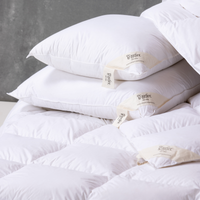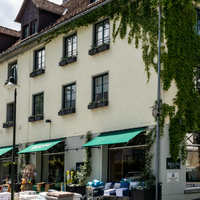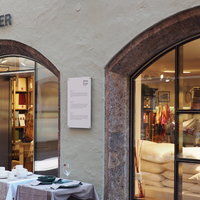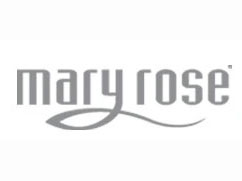On April 24, 2013, the fourth largest industrial disaster in history occurred in Bangladesh. Rana Plaza, a nine-storey building housing five textile factories, collapsed. More than 1,100 people, mainly young women, lost their lives. Another 2,500 were seriously injured. These people were producing textiles for the world's biggest fashion brands under unacceptable working and safety conditions.
Rethinking the textile industry - shaping the future!
Fashion Revolution Week is an annual campaign week that brings together the world's largest fashion activism movement for seven days of action. It takes place every year in the week around April 24 and commemorates both the victims of the tragic Rana Plaza disaster and the people who, to this day, produce textiles under the most adverse and inhumane working conditions.
The current fashion industry is built on the exploitation of labor and natural resources. That's why this year, from April 22 to April 29, the focus is on reinventing a fair and just fashion system.
While the majority of people who produce our textiles are not paid enough to meet their basic needs, the principle of fast fashion manipulates us into a toxic cycle of overconsumption. The European Citizen Initiative "Good Clothes Fair Pay" is collecting signatures for the implementation of living wages. By signing the petition , you can actively participate in Fashion Revolution Week.
Trust is good, control is better
In an age in which greenwashing is omnipresent, strict guidelines and audits such as those of the Fair Wear Foundation are more important than ever. The independent non-profit organization is committed to better working conditions in the textile industry. With over 130 member brands, the Fair Wear Foundation aims to make the production of clothing and home textiles in European, African and Asian countries fairer.
The members' business methods are analyzed anew every year in so-called "brand performance checks". The production facilities themselves are subjected to strict audits to ensure compliance with the organization's eight labour and social standards, which are derived from the ILO Convention and the Universal Declaration of Human Rights, and the workers are questioned about their working conditions. Transparency is particularly important to Fair Wear! That's why you can find all participating brands with the latest audit report on the official homepage.
Our top priority is to guarantee you the best possible socially fair and sustainable production. That is why, as an FW member, we actively strive to improve working conditions in our local production facilities. It should not be forgotten that this is a constant process of change and improvement... we are not perfect, but we are on the only right path for us.
The value of textiles
There is currently a lack of understanding and appreciation of the true cost of clothing and home textiles. Price tags do not reflect the social and environmental costs of production, while we as consumers do not always care for our textiles as we should.
That is why we at Mary Rose attach great importance to the production ofhigh-quality products that are characterized by their longevity and, in the best case, return to the cycle at the end of their life.
It is important to us that you can enjoy your product for a long time, create memories with it and, in the best case, pass it on to generations to come.



 Fast delivery
Fast delivery Co2-neutral shipping
Co2-neutral shipping Sustainable production
Sustainable production









